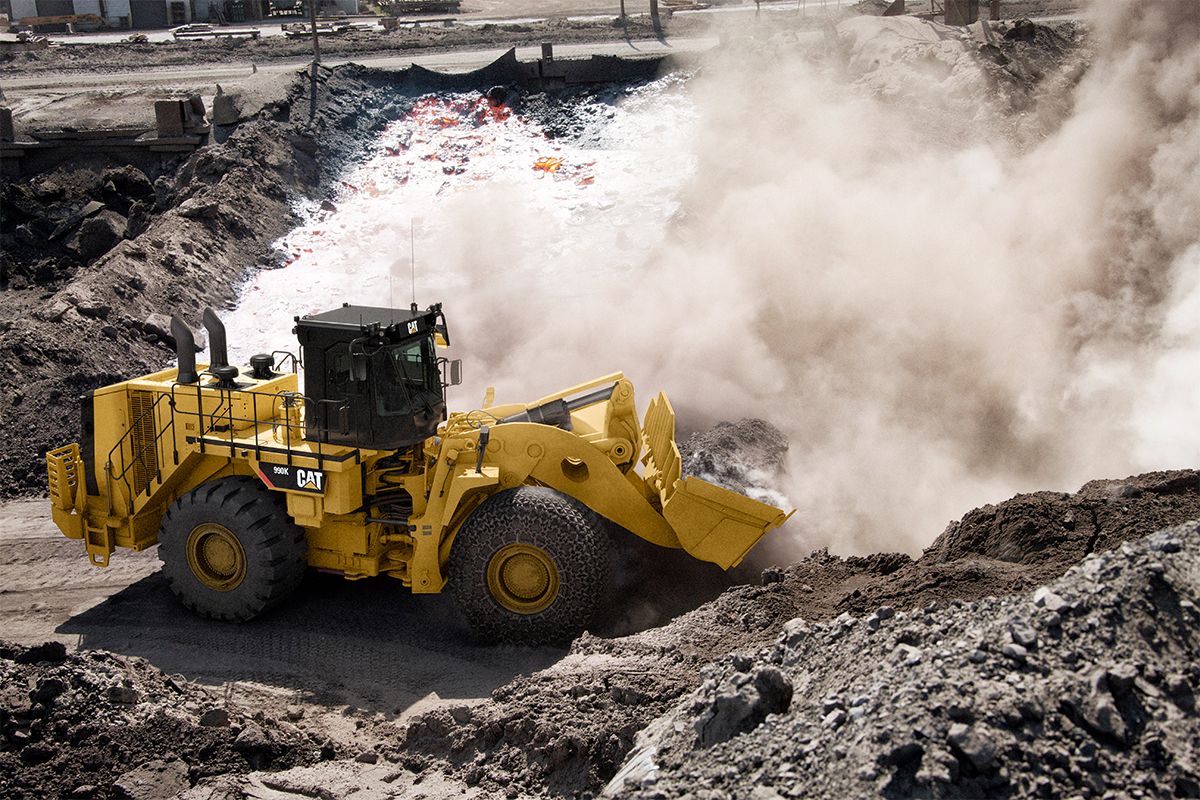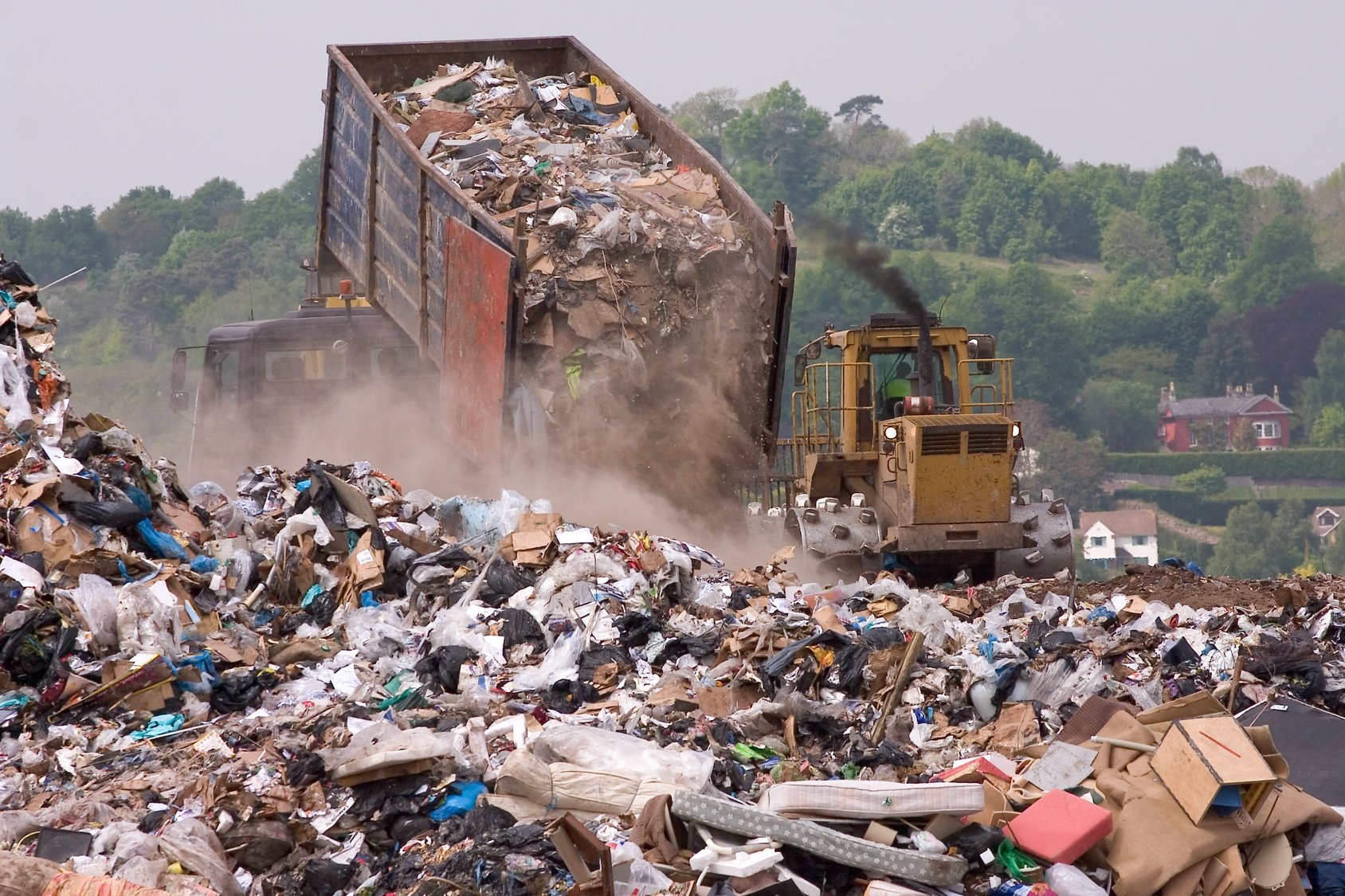Exploring the Environmental Impact of Heavy Equipment
Examining the environmental footprint of heavy equipment from manufacturing to operation. Discover more on the environmental implications we often overlook in the heavy industrial sector.

In one of the essential sectors driving the world's economy lies an issue of vital environmental significance. The heavy equipment industry, while crucial to our everyday life, is also responsible for a significant share of global carbon emissions and waste production.
Table of Contents
- Unpacking the Heavy-duty environmental footprint
- The Carbon-intensive nature of heavy machinery production
- Diving into the Emission profile of operational Heavy Equipment
- Navigating through the fuel efficiency debate in the heavy machinery sphere
- Insights on recycling and waste management in the heavy industry
- Charting the path to more sustainable heavy equipment operations
Unpacking the Heavy-duty environmental footprint

The environmental footprint of heavy-duty machinery is a topic that's both complex and multifaceted. It encompasses several stages - from raw material extraction to manufacturing, use, and eventually destruction or recycling. These stages, coupled with energy input, water usage, and end-of-life management, contribute cumulatively to the environmental impacts associated with this industry.
The Carbon-intensive nature of heavy machinery production
Equipment production is a critical stage with a significant carbon footprint. The manufacturing process involves activities like metalworking and welding, which require vast quantities of energy. These activities result in sizeable CO2 emissions.
Moreover, the extraction and refinement of raw materials such as steel, copper, and aluminum are major contributors to greenhouse gas emissions. In fact, the iron and steel industry alone accounts for approximately 5% of total global CO2 emissions.

Diving into the Emission profile of operational Heavy Equipment
Operation emissions, often categorized under 'Scope 3' emissions, pose a considerable environmental concern. It mainly refers to the exhaust emissions released by heavy equipment during operation. These machines operate on diesel fuel, known for high sulfur content, contributing significantly to air pollution.
Further, the operation of heavy-duty machinery often leads to the emission of Nitrogen Oxides (NOx) and Particulate Matter (PM), both of which have serious negative impacts on air quality and human health.
But it's not just the air that gets affected; operational emissions also play a considerable part in global warming. With the rising awareness about global warming, this has led to increased scrutiny and regulations aiming to reduce the carbon footprint.
Navigating through the fuel efficiency debate in the heavy machinery sphere
While the heavy machinery industry has made substantial strides in improving fuel efficiency, there's still much room for improvement. Advancements in engine technology, such as the use of biofuels and electric-powered equipment, hold great promise for reducing environmental impact. Responsible use of equipment, including regular maintenance and avoiding idle time, can also make a big difference in fuel consumption and related emissions.
Insights on Recycling and Waste Management in the Heavy Industry

Waste generated from heavy machinery, particularly at the end of a machine's lifecycle, is a considerable part of the issue. Materials often end up in landfills instead of being reused or recycled. However, industry-wide efforts to maintain sustainable practices are gradually emerging. Initiatives for recycling components and materials such as metal, rubber, and oil are taking shape.
Responsible waste management not only helps to reduce environmental pollution but also can bring about considerable cost savings. Techniques like refurbishing and re-selling components, or salvaging parts for reuse, significantly extend the life of resources and minimize waste.
Charting the Path to More Sustainable Heavy Equipment Operations
The heavy equipment industry is now confronted with the immense challenge and opportunity of making operations more environmentally friendly. This journey towards sustainability will help to address pressing global issues like climate change and resource scarcity.
Key strategies being explored and implemented include:
- Energy efficiency: This involves the development and use of equipment built with energy-efficient technologies. This could mean a transition towards hybrid or fully electric machinery.
- Sustainable design: The adoption of design principles that aim to minimize the environmental impact from the get-go. This includes using sustainable materials for manufacturing and factoring in end-of-life disposal in the design process.
- Carbon offsetting: Companies can balance their carbon footprints by investing in projects that reduce CO2, such as renewable energy initiatives or reforestation projects.
- Green education: Often overlooked, but crucial, is the need to educate staff and operators about the environmental impact of their work and ways to mitigate it. This might include efficient use of machinery, regular maintenance for optimal performance, and awareness of recycling and disposal options.
These strategies don't exist in a vacuum, and they all depend on the collaboration of multiple stakeholders within the industry, including manufacturers, operators, and policymakers.
Undeniably, the path towards sustainable heavy equipment operations is a daunting one, underscored by technical difficulties, cost constraints, and resistance to change. However, with the growing awareness about the environmental impact of heavy machinery and increasing public demand for eco-friendly practices, there's a strong impetus for change. The heavy equipment industry, like every other sector, must heed the call to action for a sustainable future.
The journey may be arduous, but the rewards are beyond measure – not just in monetary terms, but more importantly, for our shared environmental legacy. Because at the end of the day, it is not just about unearthing news or loads, but unearthing solutions to environmental issues for a sustainable future.
What's Your Reaction?










































































